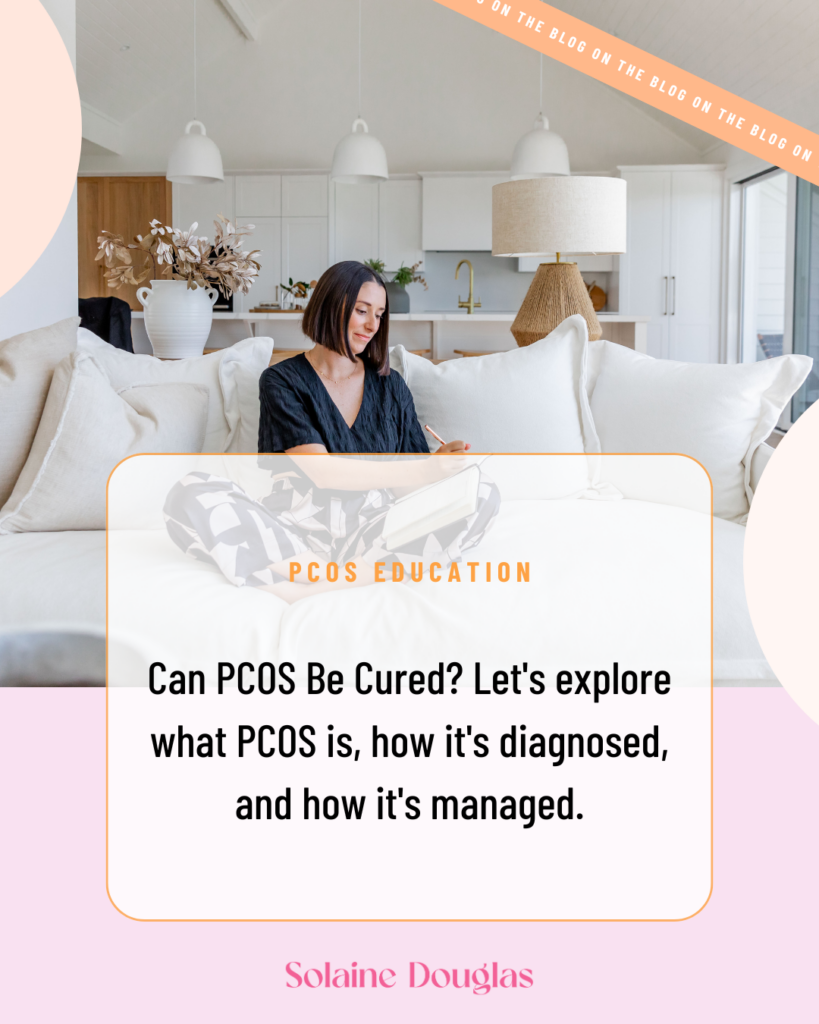Can PCOS Be Cured? Let’s explore what PCOS is, how it’s diagnosed, and how it’s managed.
August 16, 2024

Polycystic Ovary Syndrome (PCOS) is one of the most common endocrine disorders, affecting approximately 1 in 10 women of reproductive age. Yet, despite its prevalence, many women struggle with identifying their symptoms and receiving a timely diagnosis. Let’s explore what PCOS is, how it’s diagnosed, and what management strategies are available.
What is PCOS?
PCOS is a syndrome, which means it is identified by a collection of symptoms rather than a single cause. These symptoms can include irregular menstrual cycles, excessive hair growth (hirsutism), acne, and obesity, which are often accompanied by insulin resistance. While PCOS is a lifelong condition, it’s important to note that it’s not a disease but a set of symptoms that can be managed effectively.
Diagnosis of PCOS
The diagnosis of PCOS typically involves the exclusion of other possible disorders and may include assessments like ultrasound examinations and hormone level tests. The Rotterdam criteria are commonly used, requiring two out of three of the following for a diagnosis:
1. irregular ovulation;
2. high androgen levels on a blood test or showing symptoms of such as facial hair growth;
3. and polycystic ovaries on ultrasound.
Unfortunately, the average time to diagnosis can be lengthy—often several years—due to the variability of symptoms and sometimes the in-experience of the health practitioner in working with PCOS. PCOS can present in slight variations person to person, so if you see a health professional who hasn’t dealt with many PCOS cases they may be hesitant to formerly diagnose you.
Can PCOS Be Cured?
The question “Can PCOS be cured?” is frequently asked, but the answer is not straightforward. Since PCOS is not a disease but a syndrome, it can’t be “cured” in the traditional sense. However, the symptoms can be managed, and many women achieve significant improvement through various strategies, effectively reducing their impact to a point where those symptoms no longer impact their daily life, effectively putting their PCOS into remission.
While there is no “cure” for PCOS, effective management is entirely possible. With the right combination of lifestyle changes, medical interventions (if needed), and support, women with PCOS can lead a healthy life without significant disruption from their symptoms.

